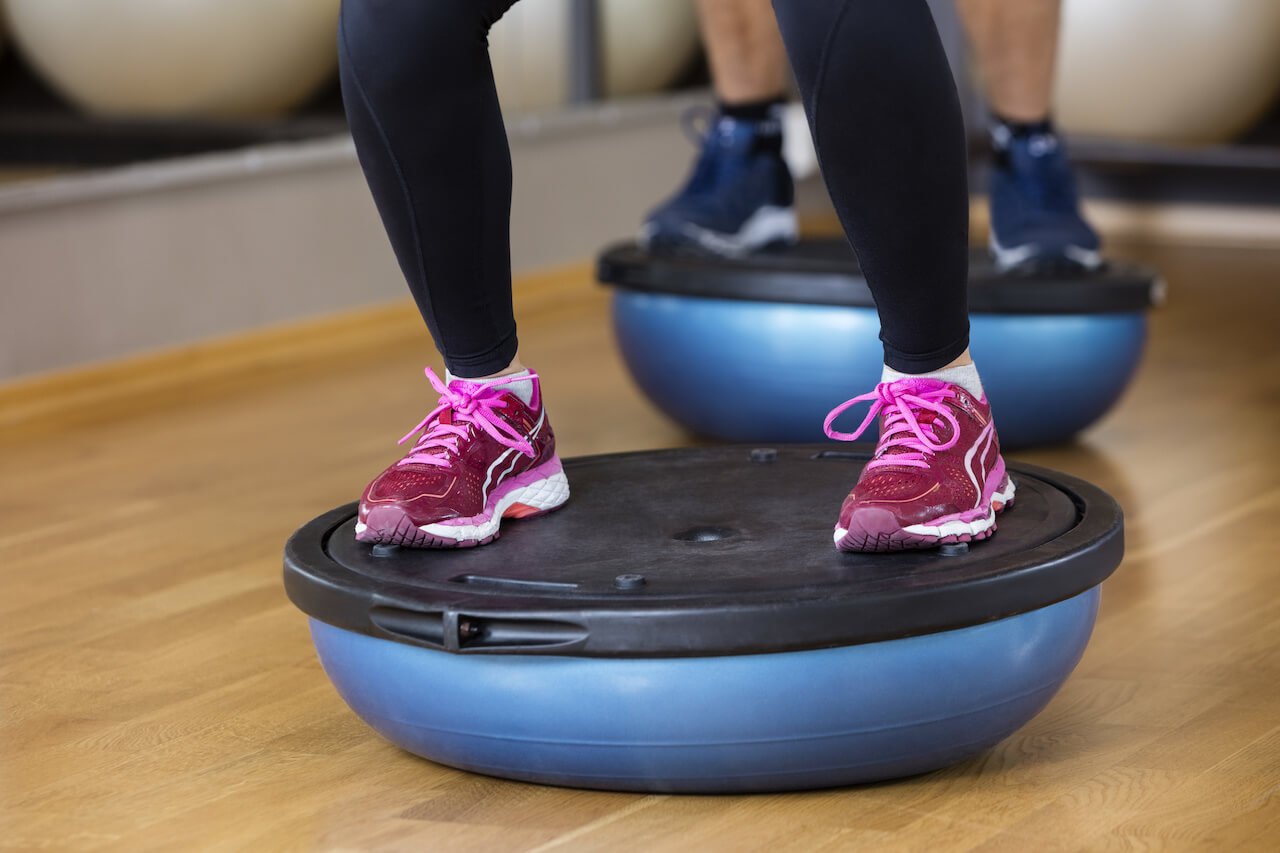Navigating Inner Ear Disorders
Navigating Inner Ear Disorders
Unraveling the Differences Between Vestibular Neuritis, Labyrinthitis, and Meniere's Disease
The human inner ear is a marvel of intricate structures responsible for our sense of balance and spatial orientation. However, when disorders affect this delicate system, it can lead to a range of symptoms that impact daily life. Vestibular Neuritis, Labyrinthitis, and Meniere's Disease are three such conditions, each with distinct characteristics. In a previous blog post of ours, we briefly touched upon Vertigo as a symptom and Benign Paroxysmal Positional Vertigo (BPPV). In this blog post, we will explore the differences between these inner ear disorders to shed light on their unique features.
1. Vestibular Neuritis
Vestibular Neuritis primarily affects the vestibular nerve, a crucial component of the inner ear responsible for transmitting signals to the brain related to balance and spatial orientation. This inflammation of the nerve can result in sudden vertigo, dizziness, and imbalance. Typically, Vestibular Neuritis is characterized by a single severe episode, lasting for days to weeks. Nausea, vomiting, and difficulty concentrating may accompany the vertigo.
2. Labyrinthitis
While Vestibular Neuritis focuses on the vestibular nerve, Labyrinthitis involves inflammation of the entire inner ear, affecting both the vestibular system and the cochlea, responsible for hearing. This dual impact leads to symptoms like dizziness, vertigo, nausea, hearing loss, and ringing in the ears (tinnitus). Labyrinthitis often arises from viral or bacterial infections, with symptoms that can be more severe and prolonged compared to Vestibular Neuritis.
3. Meniere's Disease
Meniere's Disease is a chronic inner ear disorder characterized by recurrent episodes of vertigo, fluctuating hearing loss, tinnitus, and a feeling of fullness or pressure in the ear. Unlike Vestibular Neuritis and Labyrinthitis, Meniere's Disease tends to manifest in recurring attacks rather than a single, isolated incident. The exact cause of Meniere's Disease is not fully understood, but it is believed to involve a combination of factors, including fluid buildup in the inner ear.
Distinguishing Factors:
While Vestibular Neuritis, Labyrinthitis, and Meniere's Disease share some symptoms, key differences can help differentiate them:
Table 1. Highlights some of the key differences and similarities between the 3 vestibular disorders.
Onset and Duration: Vestibular Neuritis often presents with a sudden, severe episode, whereas Labyrinthitis and Meniere's Disease may have more gradual onsets and recurring episodes.
Hearing Loss: Vestibular Neuritis typically does not cause hearing loss, whereas both Labyrinthitis and Meniere's Disease can lead to varying degrees of hearing impairment.
Nature of Vertigo: Vestibular Neuritis and Labyrinthitis commonly cause spontaneous, intense vertigo, somewhat constant, while Meniere's Disease often features attacks of vertigo (free between attacks) with associated hearing loss and tinnitus.
Understanding the differences between Vestibular Neuritis, Labyrinthitis, and Meniere's Disease is crucial for accurate diagnosis and effective management. A thorough assessment is crucial as many clients remember having had a cold or flu around the time of onset, or just before, their vertigo began, providing clues to the correct diagnosis. If you or someone you know is experiencing symptoms related to these inner ear disorders, it is essential to seek medical attention promptly as it can help determine the appropriate course of action and improve the quality of life for individuals navigating the challenges of these conditions.
Treatment for Vestibular Neuritis:
Medication: Antihistamines and anti-nausea medications can help alleviate symptoms during acute episodes. In some cases, corticosteroids may be prescribed to reduce inflammation.
Physical Therapy: Vestibular rehabilitation exercises can assist in promoting Habituation for the inner ear's impaired function, improving balance, and reducing dizziness over time.
Rest and Hydration: Getting adequate rest and staying hydrated are essential during the acute phase of Vestibular Neuritis, as they can help the body recover more effectively.
Treatment for Labyrinthitis:
Antibiotics or Antivirals: If the inflammation is caused by a bacterial or viral infection, a healthcare provider may prescribe antibiotics or antiviral medications.
Medication for Symptoms: Medications such as antiemetics (anti-nausea drugs) and vestibular suppressants can be prescribed to manage symptoms like nausea and vertigo.
Hearing Aids: If hearing loss is a significant issue, hearing aids may be recommended to improve overall auditory function.
Treatment for Meniere's Disease:
Dietary Changes: Some individuals with Meniere's Disease find relief by reducing salt intake, as excess salt can contribute to fluid retention in the inner ear.
Medication: Diuretics may be prescribed to reduce fluid retention, and medications like meclizine can help manage symptoms during vertigo attacks.
Invasive Procedures: In cases where symptoms are severe and unresponsive to other treatments, more invasive options such as vestibular nerve section or cochlear implants may be considered.
Lifestyle Modifications: Avoiding triggers such as caffeine, alcohol, and stress, and adopting a healthy lifestyle with regular exercise can contribute to symptom management.
General Considerations:
Consultation with Specialists: All three conditions may benefit from consultation with specialists such as neurologists, otolaryngologists (ENT specialists), or audiologists for a comprehensive evaluation and tailored treatment plan. A well-trained vestibular therapist may also assist in evaluating and diagnosing the issue at hand and providing therapy and exercises where necessary.
Individualized Approach: Treatment approaches can vary based on the severity of symptoms, the frequency of episodes, and individual patient responses. Therefore, it is crucial to work closely with healthcare professionals to determine the most effective course of action.
In conclusion, early diagnosis and appropriate management are key to improving the quality of life for individuals affected by Vestibular Neuritis, Labyrinthitis, and Meniere's Disease. Seeking guidance from healthcare professionals ensures a comprehensive and personalized approach to address the unique challenges posed by these inner ear disorders.
Stay tuned for upcoming blogs on all things vestibular and concussion-related, along with other various orthopaedic and sports rehabilitation-related topics.
If you want to learn more about these issues or have any other questions, feel free to reach out via email (aras@arphysio.ca), Instagram (@arphysio or @Ahh_rass_physio), or Facebook (Aras Ruslys- Physiotherapist).
Live active and prosper.
Aras Ruslys
Registered Physiotherapist
Vestibular therapist/ Concussion Management




